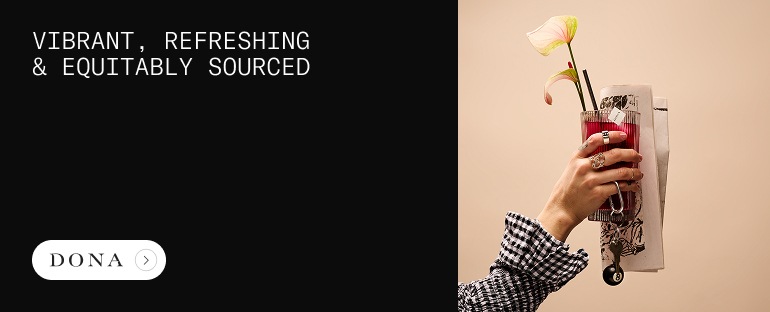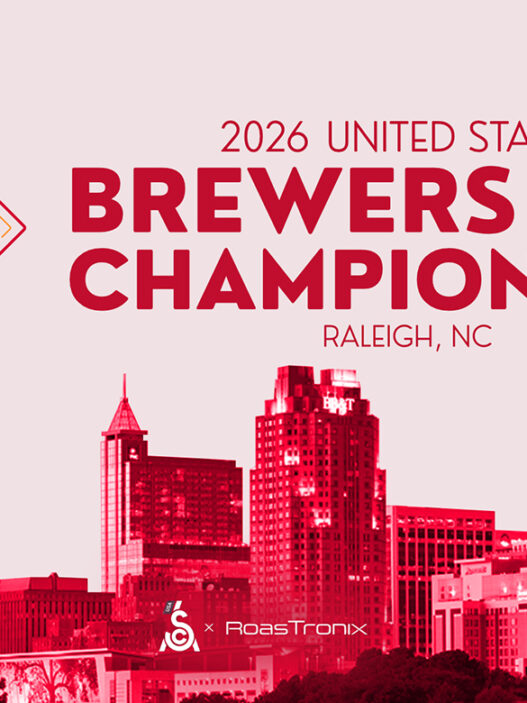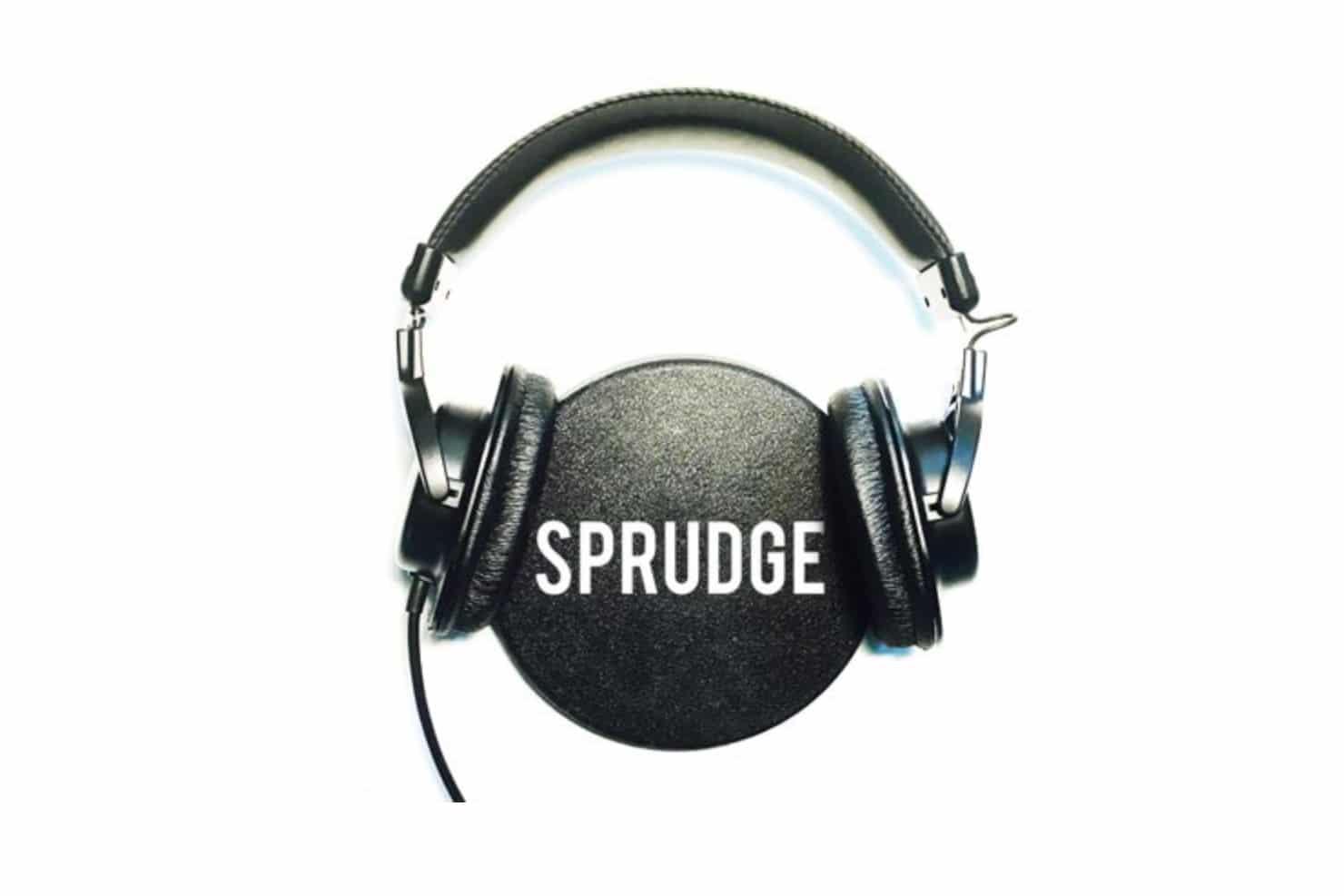Lost amongst the new hells of coffee production—price instability, climate change, tariffs, etc—are the old ones, like the coffee borer beetle. We here in the consuming countries may have mistakenly assumed that this little pest was a thing of the past. Heck, last time we talked about them here at Sprudge was back in 2023, when Hawaii was considering the terrifying plan of releasing wasps to eat them. But the scourge of the coffee borer beetle is anything but old news. In fact, in 2023, an estimated $1 billion in damages to the global coffee supply were done by the coffee borer.
So the beetle is still a problem. But help may be on the horizon, as researchers have developed a new method to quickly identify cherries that have been infected by the coffee borer beetle.
As reported by Phys.org, the methodology is the creation of researchers from Australia’s Edith Cowan University. It works by having drones take photos of crops, that are then analyzed for color and shape using “L-systems software,” a method of image processing that mimics human vision.
Coffee borer beetles are incredibly small, making them hard to see with the naked eye. So instead of looking for the insects themselves, this technology looks for its effects on coffee cherries.
“If you imagine when you drill into a piece of wood you see little bits of sawdust gather around the outside of the hole,” states Dr. David Cook, one of the study’s authors. “In the same way, when a borer bores into a coffee berry, they leave an enormous amount of debris, called frass and this is much easier to identify.”
With more rapid detection, farmers can keep the coffee borer beetle from spreading through the rest of their crop, mitigating the total damage. And the underlying imaging software can be adapted to other pests afflicting other crops.
So it’s good news for coffee producers the world over. The solution is, and I think the verdict here is rather unanimous, far better than wasps.
Zac Cadwalader is the managing editor at Sprudge Media Network and a staff writer based in Dallas. Read more Zac Cadwalader on Sprudge.


























